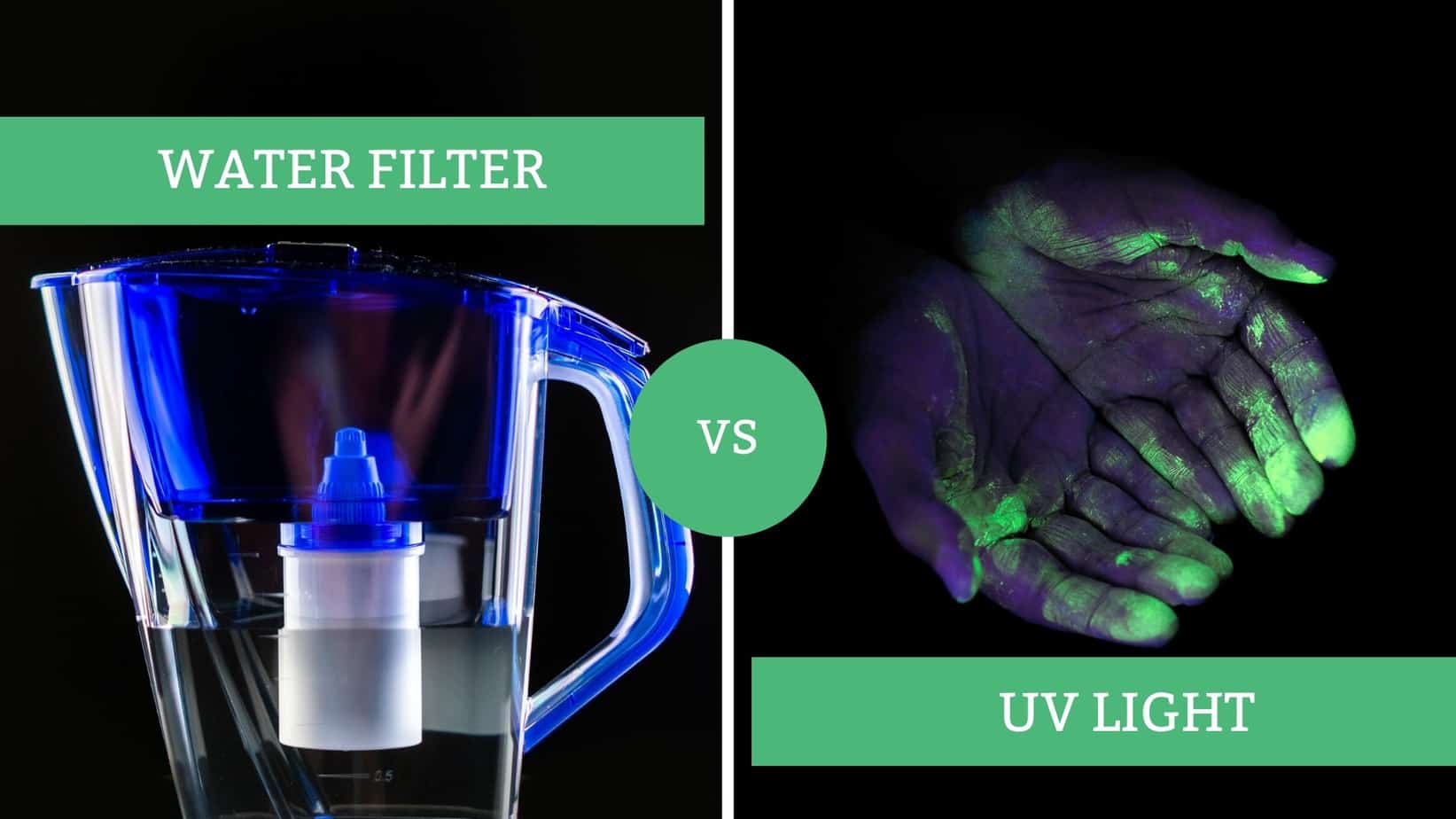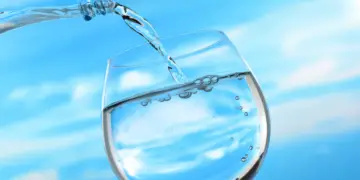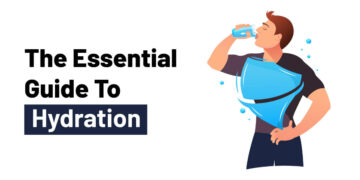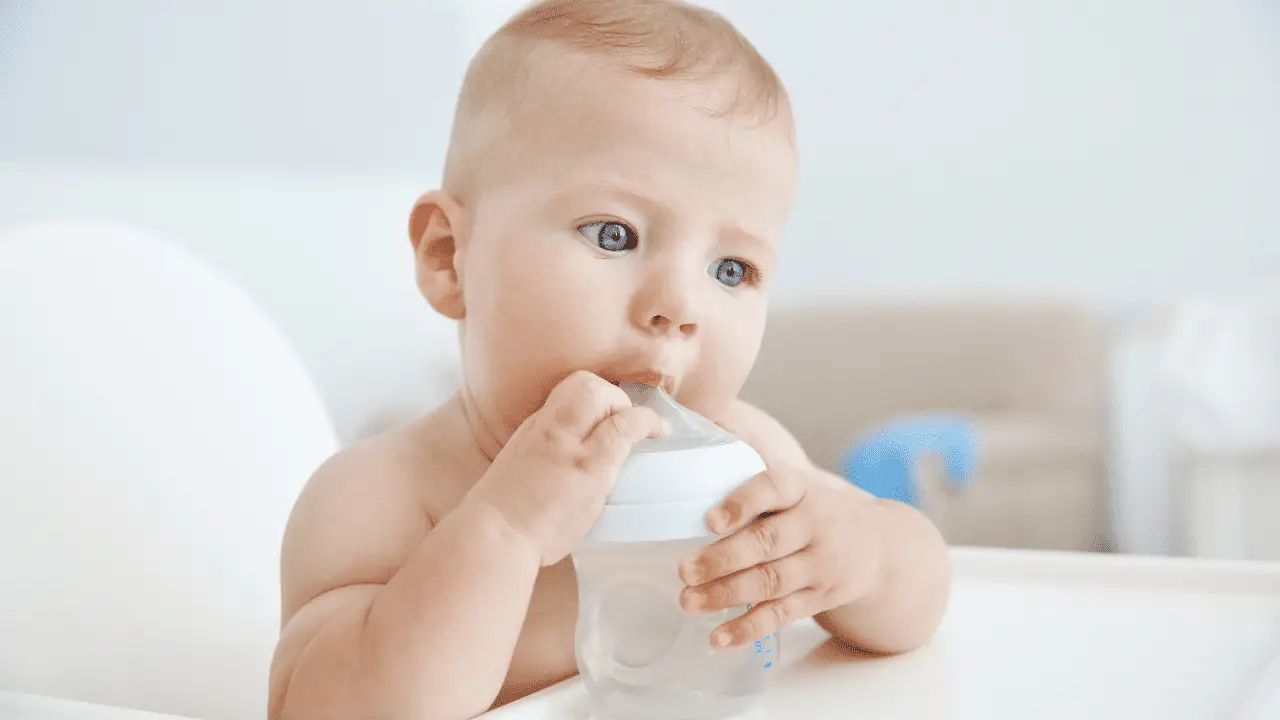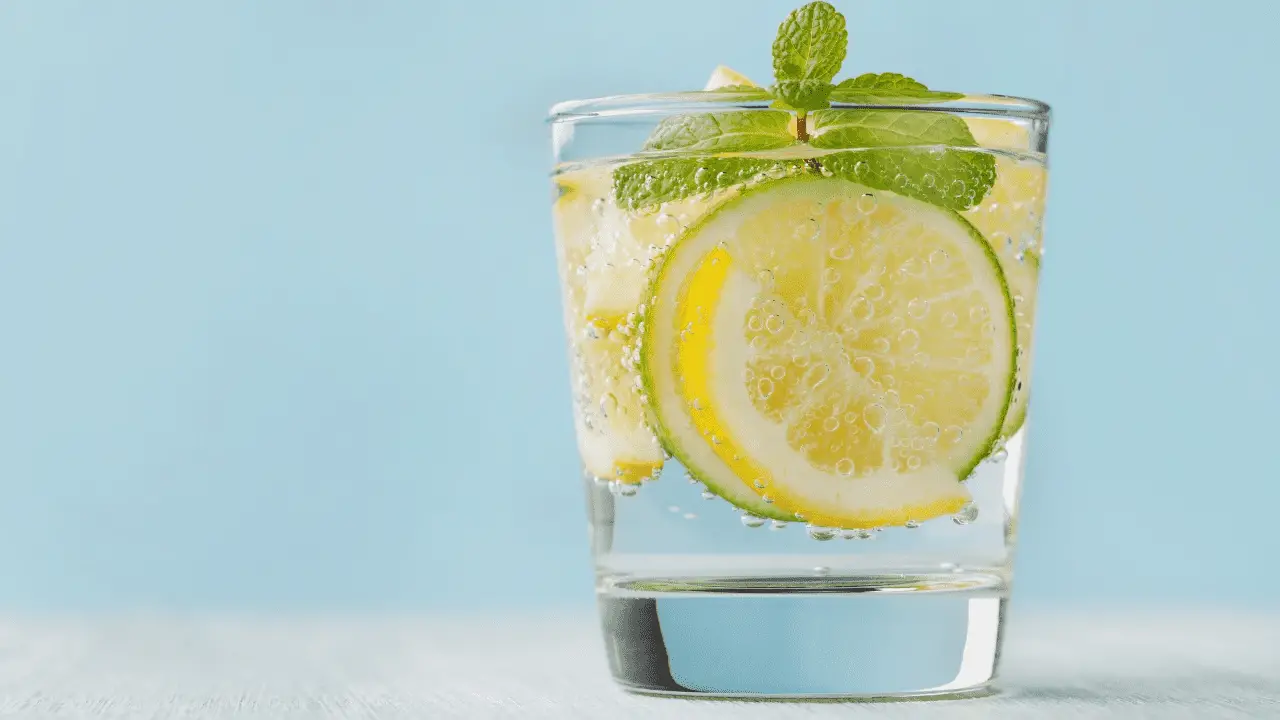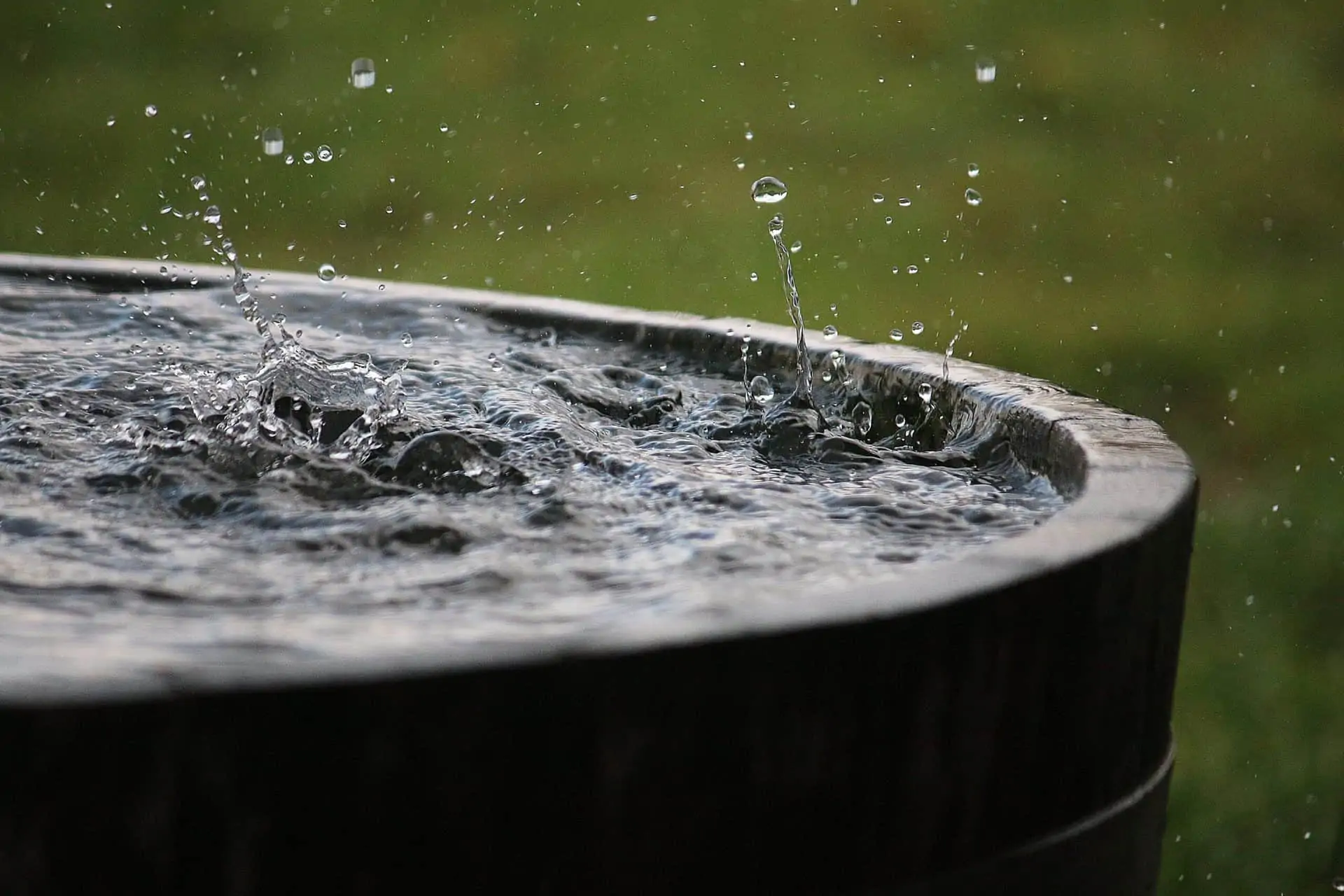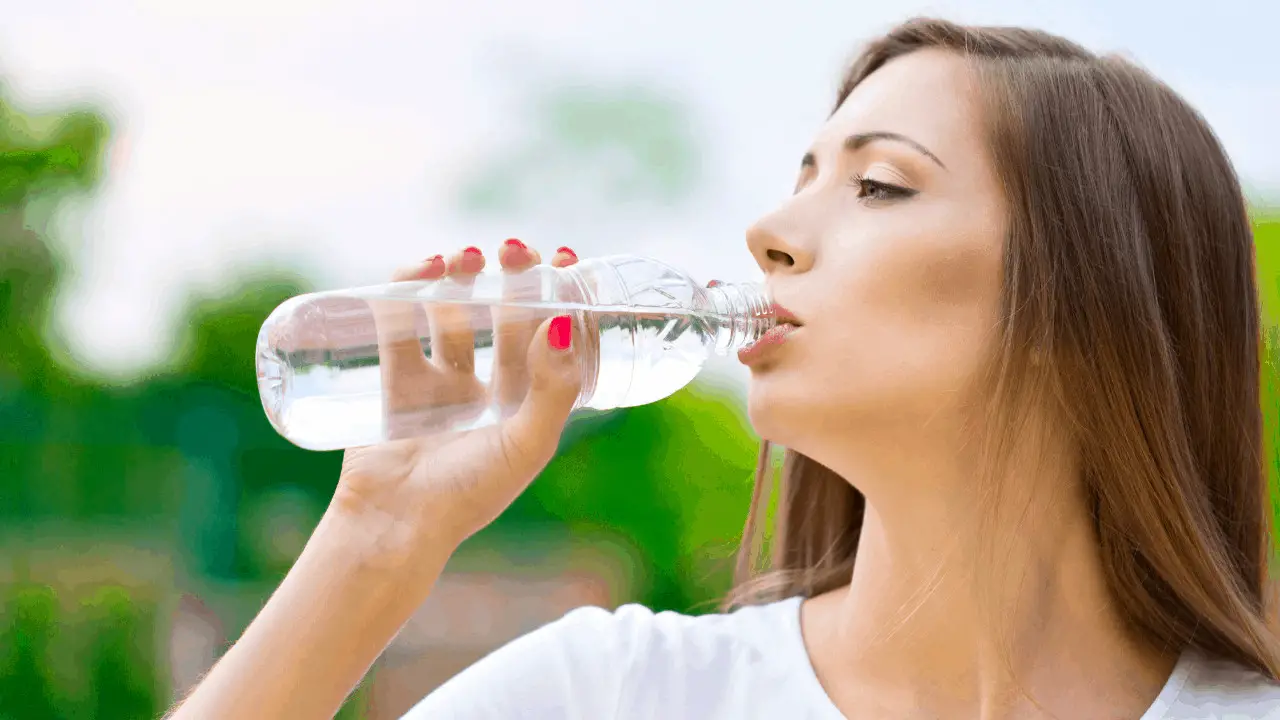We use water for just about everything every day. We wash our dishes, do our laundry, and pour ourselves glasses of water. Unfortunately, lots of tap water in the United States is less than optimal, and it can be filled with bacteria and contaminants. Investing in a filter or a purifier can make your water healthier and tastier. If you are trying to decide whether to purchase a filter or a purifier, here is everything you need to know about the two types of water cleaner.
Why we need to treat our tap water at home
Before we get into comparing water filters and water purifiers, let’s discuss the importance of treating your tap water at home. Even though your local water supplier does their best to treat the area’s water supply before it reaches your tap, studies show that most tap water in America still contains a range of contaminants.
Contaminants like aluminum, ammonia, arsenic, copper, and, in rare cases, bleach, salt, pesticides, and other chemical toxins. While these contaminants are usually few and far between, when they are injected regularly, they will begin to have negative effects on your health. While the odd glass of tap water probably won’t hurt you, we recommend investing in a filtration or purification system to ensure you remain safe from whatever contaminants may be lurking in your taps.
Water filters
Home water filtration systems include water jugs and fridge water filters. Both tend to use mechanical filters, which are able to physically remove any contaminants by forcing the water through a thin mesh. Modern technology has created ultra-fine filters that can capture tiny pathogenic organisms and remove up to 99% of continents.
Other types of filters sold for at-home use include absorption and ion exchange filters. Absorption uses carbon to attract and trap contaminants, while ion exchange softens water by exchanging ions in the water.
You may also be considering installing a filtration system in your home to bypass the annoyance of hand filtering your water through a jug every time you want a drink. Plus, this will soften your water from all taps, which can be good for your hair and skin.
Advantages of water filters
- Removes dangerous substances from water
First and foremost, filters are able to remove a wide range of contaminants, ranging from chlorine to pathogenic bacteria. Filters make your water safe to drink and cook with.
- Can improve taste and smell
By removing any chemicals that may be in your tap water, you will notice an improvement in your water’s taste and smell.
- Reduced use of bottled water
The bottled water industry is responsible for a huge amount of plastic pollution. By reducing the amount of water bottles you buy, you will be taking steps to help the environment, plus you’ll save lots of money over time.
- Economic
Filters are a good investment. They do require maintenance, but this is still comparatively cheap to constantly purchasing bottled water.
- Softens water
Over time, chlorine and chemicals will have harmful effects on your hair and skin, as well as your kitchen appliances, which will begin to show signs of lime-scale. Using softened water will help.
Disadvantages of water filters
- Can slow down your water flow
After installing a water filter, you may notice a slight reduction in the water pressure coming from your taps. Be aware that this pressure change can be anywhere from hardly noticeable to severe.
- Requires regular maintenance
All filters require cleaning and maintenance. You will likely need to clean or replace filter cartridges on a regular basis. Make sure you follow the manufacturer’s instructions to keep your water safe and well-filtered. It’s important that you are aware of the fact that unclean filters can actually do more damage than no filter at all.
UV water purification system
There are some excellent UV water purification systems for home use, however most of these systems are designed to treat larger private water supplies, like tanks for canal boats. UV water treatment systems can kill bacteria, viruses, and microorganisms.
Many people chose to use UV systems at home because they get their water from a private supply, such as a river, a well, or a borehole. This means that their water is completely untreated before it reaches the tap. Unlike public water supplies, which are treated professionally to remove most contaminants, private water supplies may be filled with biological bacteria from the riverbed, or chemical contaminants. In fact, there is no way of knowing what is in your private water supply, so treating it effectively is crucial.
How does the UV water purification system work?
Many people don’t realize that UV light is actually incredibly good at killing germs in water. This system is one of the safest, easiest methods of creating bacteria-free water. Essentially, UV rays fry the microorganisms in the water. This occurs because the UV light can disrupt the DNA in microorganisms, effectively killing them off.
Advantages of UV water purifiers
- Kills microorganisms
Among the many commonly found organisms in untreated water, UV purifiers can kill Cryptosporidium, Giardia, Salmonella, E. Coli, Cholera, algae, and fungi.
- Economic
This system is easy to maintain, and only needs to be changed once a year.
- No chemicals
Unlike other systems, the UV light doesn’t leave behind any chemical disinfectants in the water.
- No added taste or smell
Because there are no chemicals involved in the process, you won’t notice any strange tastes or smells.
- No water wasted
Some systems send a little bit of water down the drain each time. This system saves all of the water, meaning there is no waste involved.
Disadvantages of UV water purifiers
- Does not remove contaminants
Because this system only kills living organisms that are in the water, it is ineffective at removing non-living particles. For this reason it is always recommended that you use both a filtration system and a UV purification system. You should make sure that your water supply setup involves a good filter to remove particles, and then a UV light purifier to kill pathogens and microorganisms.
- Heats the water
Because the system uses UV lamps to treat the water, your water will become hot when it’s not running.
- Fails during a power outage
If you find yourself in an emergency situation with no power, you will also lose your water supply. This system requires electricity to run.
FAQs about UV water purification systems
What is the life of a UV lamp in a water purifier?
Most lamps will last for around one year. Be sure to check with your manufacturer if you are unsure how long your lamp should last.
How do I clean a UV water purifier?
Maintain the purifier with regular dusting. You will not need to clean the parts of the purifier like you would a water filter.
How to change the UV lamp in a water purifier?
Changing the lamp can be a complicated task, involving shutting off the water supply and unplugging the power. It’s important that you wear latex gloves for the process. You will need to understand how the system is put together before you start changing the bulb. We recommend following the specific instructions from your manufacturer as every system is different.

